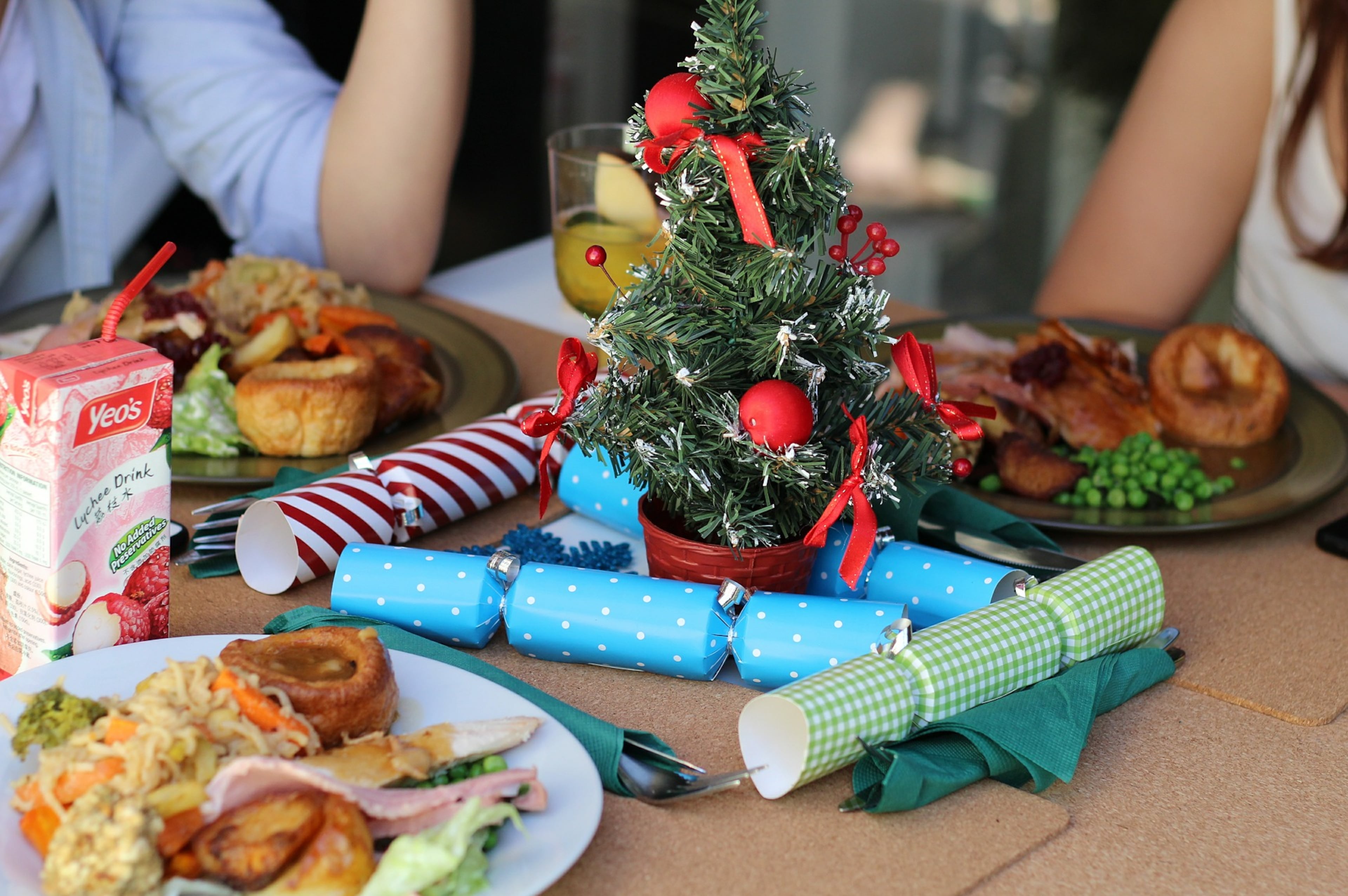How to help your nurse staff family when holidays are tough
At its best, the holiday season is a cheery round of gift exchanges, warm hugs, hot cider, religious celebrations and maybe even a snowflake or two. Even when you work as a nurse during the Christmas/Hanukkah/Kwanzaa season, holiday decor and good spirits are never in short supply.
But for many, including your nursing co-workers, 'tis the season for extra triggers, from an increased risk of depression to extra coping with toxic family members and potential domestic abuse. And that doesn't even count the extra chaos at work, where holidays demand that nurses cope with hospitalized kids and seniors whose families cannot (or will not) be with them and even the increased incidence of hospital deaths on Christmas and New Year's.
If you're in a good place, though, you can become part of the solution when some members of your work nurse family struggle during the holidays. These tips for providing support without intruding come from counseling experts and members of the worldwide nursing fam:
Lift up depressed co-workers. The holidays can be a very social time, which can be particularly beneficial to your nursing family members who are depressed. People who don't have social support have almost twice the risk of developing depression, according to a 2013 study, and depression is also a risk factor for dementia. "There's no question that as social mammals, our brains require a certain amount of social interaction," psychiatrist Alan J. Gelenberg told Everyday Health. "Refraining from socializing leads to isolation, which can cause someone to feel even more lonely." To help a co-worker during the holidays without being intrusive, consider scheduling a healthy celebration breakfast ahead of the shift, or asking someone else to be your "buddy" for walks during the holiday season.
Remember those who are grieving. Many nurses work around children, infants and pregnant women during the holidays. While that can involve "beautiful, amazing and wonderful moments," it can also be a trigger for parents who have recently experienced a miscarriage, according to Anna Cherry, a certified nurse-midwife at Atlanta's Emory School of Medicine. "So many women who work in maternity struggle with losing their own pregnancy," she said. "It's important to know that losing that pregnancy is just like losing a child to them, and they've usually already created a whole persona. That first Christmas can really hit hard if they're thinking about that child who isn't here and should be." You can help, added Cherry, "by letting them know that you see them, that they're not invisible and they are loved. Even a simple statement, card or hug is appreciated."
While nurses with substance use disorder can take steps on their own to stay sober during the holiday, co-workers can make subtle efforts to help. According to Smart Recovery, "when you're trying to stay sober, having support from others improves your chances of success. Consider asking family and friends for their support. A simple 'I'm taking a break from drinking during the holidays and would appreciate your support' will do."
Keep reaching out into the New Year. It’s a myth that Christmas brings an increased incidence of suicide. But your co-workers may be just a bit more susceptible on New Year’s Day when two separate studies have found an uptick of suicides. “Many of us are familiar with the feeling after holidays: ‘Was that it? I expected more fun, more relaxation, and tomorrow I have to go back to everyday life!’” clinical psychologist Martin Plöderl, a co-author of the Austrian study at Paracelsus Medical University in Salzburg told Scientific American. “For depressed people, the broken promise of Christmas and the blank year lying ahead may increase hopelessness and thus suicide risk. And some people may postpone their planned suicide so that their families and friends can enjoy Christmas.”

